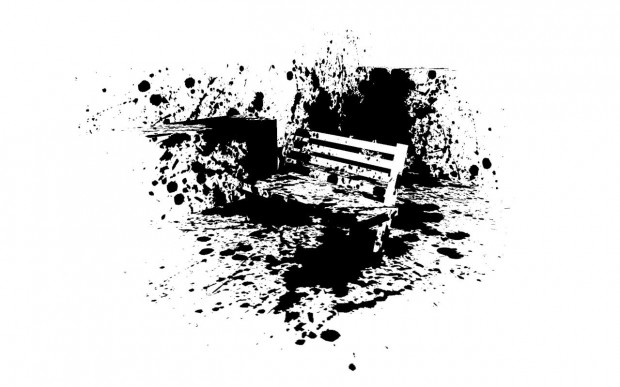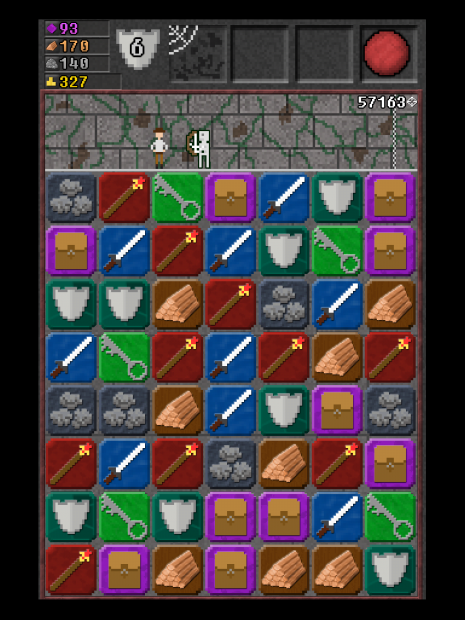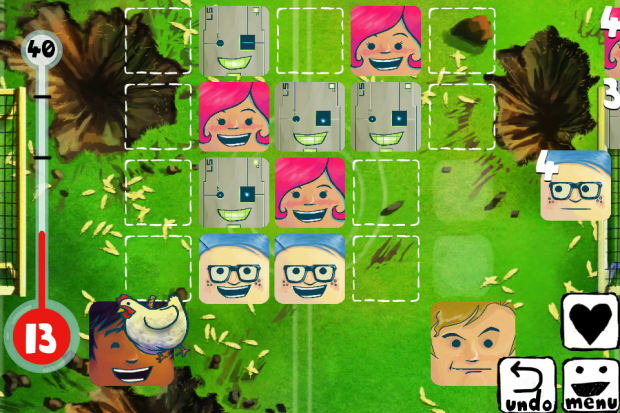I’ve spent a lot of time in 2012 playing games, but not a lot of time writing about them. As I did last year, I’d like to tell some stories or share some thoughts about the ones that meant the most to me this year. I’ll be posting one a day until Christmas. See all Games of 2012 posts.
Today, a friend of mine lashed out on Twitter over a familiar argument bubbling up again:
I don’t blame him. The Internet loves to argue about things that can never truly be settled, and “are games art?” is up there on the list of Never Ending Debates. It gets particularly bad when titles with lofty aspirations and long lead times are nearing release; their game designers make grandiose statements to the press, someone disagrees, and then everyone throws down.
“Are games art?” is a pretty ridiculous question, so very broad in scope. “Is this particular game I’m talking about art?” is slightly less ridiculous, but still an exercise in subjectivity, not logic or reason. The best question I can form, if I’m trying to be introspective, is “Is this particular game doing something interesting with the medium of video games?”

My initial time with The Unfinished Swan was one of the times this year I could answer that with a “yes”. The first moment the game hands control over to you, the screen is completely white. Pressing on the joysticks appears to do nothing. With enough pawing at the controller, you summon and fling a black ball through the air, which splats satisfyingly against a wall. In the inky mess, you get clarity as to what your charge is. You throw more ink, and the world suddenly begins to reveal itself around you. Maze-like walls open up to reveal sloping paths, trees and ponds fill in around you. You’ll see yellow footprints in the distance, your breadcrumbs to help you chase down the titular swan. The game does next to nothing to hold your hand in this stretch – you will have to find your own way.
That sense of discovery and wonder in the beginning is incomparably wonderful. The way the ink splatters across the landscape created a beautiful contrasting landscape. I have deep respect for games that can run with a unique visual style, and The Unfinished Swan had it in spades. It was reminiscent of the opening minutes of Portal, as you gradually learn without the game resorting to signposting or explicit tutorials.
I loved that opening motif so much that I felt let down when the game started to add other visual elements and change the mechanics. Shadows appeared, then colors; my ink blobs changed to water blobs and I was forced to solve some more puzzles. What started as unique quest of discovery turned into a first person puzzler that feel conventional. (It’s somewhat telling that most of the media and marketing descriptions of the game don’t mention this change.) Even as the plot continued to unfold interestingly, I found myself losing interest, and left it unfinished (oh the irony!) despite what I’ve been told is a terribly short running time.
I will probably get back to it later this month and polish it off, but it’s difficult to find the motivation. I know that combination of what is essentially a bedtime story with a video game – with gameplay and visual style so tightly entwined – isn’t what awaits me if I re-enter that world. I don’t care whether or not The Unfinished Swan meets anyone’s definition of art. What I care about is if it’s interesting or unique within the expansive spectrum of video games. The beginning absolutely was; the rest, not so much.
If only there was a way to turn young Monroe around, to stop worrying about that eternally honking swan, and return to that pond I stumbled onto at the beginning.
The Unfinished Swan is available on PSN.


